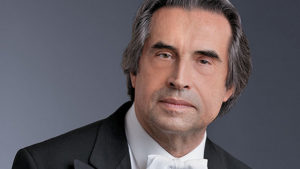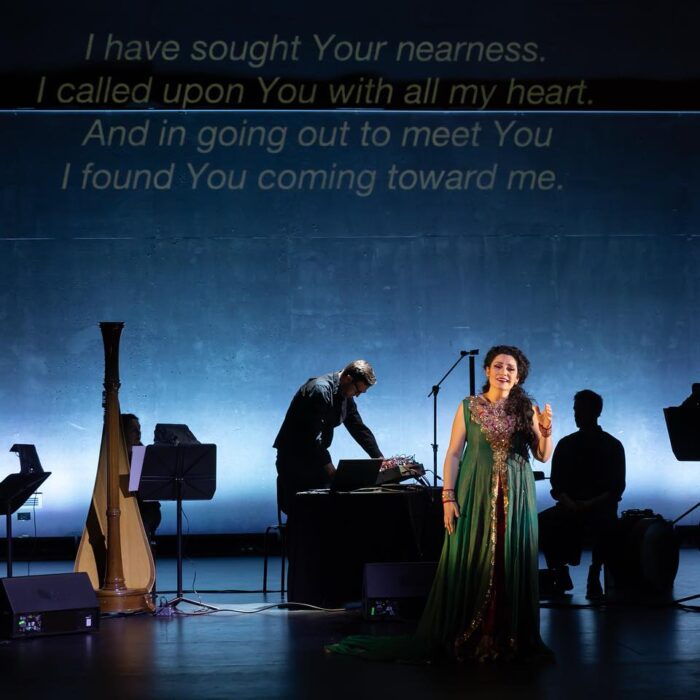
Two Occasions When Riccardo Muti Broke His Own Performance Rules
By Francisco SalazarRiccardo Muti, born on July 28, 1941, is one of the greatest conductors of all time. He has specialized in the Italian repertoire, particularly the works of Verdi and has been incredibly valuable in bringing some of the composer’s early works to the fore.
Muti has also been recognized for performing works without cuts and sticking to what is written in the score. He is detailed and looks at every phrase with precision trying to do justice to the composer’s intentions and being strict about not departing from them. As a result, Muti has been known for denying singers the chance to show off their high notes and that has also meant not doing encores. For example, in his famed recording of “Il Trovatore” with Salvatore Licitra, the tenor does not sing the famed High C at the climax of “Di quella pira.” In a recording of “Pagliacci,” José Carreras is not permitted to sing an interpolated high note at the climax of “Non, Pagliaccio non son.” Muti won’t even do the original version of the third act concertato in “Otello,” because he feels that the definitive version is the revised ensemble Verdi constructed for the Paris premiere. Those are the depths of fidelity that Muti has for the score any composer he takes on.
But there have several occasions where the maestro lets his guard down and went with tradition instead of the score. Here is a look at two major instances where he went against his own rules.
“La Traviata”
At the end of “Sempre Libera,” Verdi has the soprano end on a high A natural at the climax of the cabaletta. However, throughout the centuries, the great sopranos have opted for interpolating a high E flat at the climax for greater effect. When Riccardo Muti recorded “La Traviata” with Tiziana Fabbricini, the maestro was so struck by the soprano’s high notes that he allowed her to interpolate the E flat at the end of “Sempre Libera.” It surprised audiences who knew the maestro’s strict rules about high notes, but also refreshing from a performance standpoint.
“Nabucco”
In 2011 Riccardo Muti protested the budget cuts that were being made to the arts. On opening night of Verdi’s “Nabucco” at the Teatro dell’Opera di Roma, he broke performance protocol after the end of the chorus “Va, pensiero.” At that moment, he turned to the audience and delivered a small speech stating that culture and arts should remain alive. He then invited the audience to participate in an encore of “Va, pensiero.”
Then on March 16, Mut conducted a performance for Italian president Giorgio Napolitano and prime minister Silvio Berlusconi but did it in an unorthodox manner.


